Greetings, bookish humans! I went to a (small, outdoor) wedding last weekend and that means I got to dress up.
I was in my early thirties when I discovered what kind of fancy clothes bring me joy, and it was revelatory. I used to dread formal events. Honestly, most of the time, I still do. I will never love crowds or weddings. But what a massive difference it makes going to them feeling like myself.
The joys of bowties and dangly earrings aside, if you intuited based on last week’s “Part 1” that there would be a Part 2, you were right! Last week I wrote about how much I love Arsenal Pulp Press. This week it’s a love letter to Metonymy Press. Metonymy is a tiny queer publisher based in Montreal. It’s the first press I fell head over heels for so intensely that I went and bought every book they’d published. They’re tiny—it was seven books. Still, I’d never done anything like that before. It totally changed how I think about myself as a reader.
I simply cannot express how much I love Metonymy. Their website states: “We like to keep gay book lovers satisfied.” I am here to report that “satisfied” doesn’t begin to cover it. The books they’re publishing delight and challenge me. They feel like home, and they feel new. Two of my all-time favorite novels—Little Blue Encyclopedia (for Vivian) and Small Beauty—are Metonymy titles. The kind of queer and trans lit they’re publishing is what the worlds needs badly: complicated and layered, sad and funny and human and real. I will read every book they publish from now until forever.
This week’s books exemplify the range of this tiny press. They’re nothing alike in style, tone, subject matter, or genre. But they all work specific kinds of queer and trans magic—sometimes literally. They also all have fewer than 75 reviews on Goodreads; these are not buzzy titles. If you’re going to buy and/or read any of the books I recommend here, make it these ones. These authors deserve all the love.
The Books
Backlist: Dear Twin by Addie Tsai (YA Fiction, 2019)
This is a fascinating and unusual YA novel that deals with so much—being a twin, queerness, sexual violence, family dynamics, emotional violence, Asian American communities. It’s messy in a way that feels so authentic to being a queer teenager trying to figure yourself out. Structurally, it’s a combination of first person narration and letters, and it reads like something a teenager would absolutely write. Tsai seems to be telling the story from inside the story.
Poppy is a Chinese American teenager who has just graduated high school and wants to get on with her life. She lives outside Houston, and she’s in love with her girlfriend Juniper. Juniper is planning to go to college in Massachusetts, and Poppy wants to go with her, but her twin sister Lola has disappeared. So Poppy stays at home and writes a series of letters to Lola, hoping she can somehow convince Lola to come back, despite the rift between them. If Lola returns, Poppy will be free to escape life with her father, who is by turns absent and controlling.
There’s is a lot of harm in this novel, and Tsai writes about it in a series of painfully detailed and uncomfortable scenes. The family dynamics are brutal. I was deeply frustrated with every character. Poppy often acts selfishly. She’s also lonely and hurting, and I understood all of her actions and motivations, even when I badly wanted her to make a different choice. I felt the same way about her father. The care with which Tsai writes each character is astounding.
Poppy’s relationship with Juniper is in stark contrast to her home life. It’s not a perfect relationship, but the way Poppy experiences it brought me right back to being in love for the first time and how it felt like the only thing in the world. Poppy talks about Juniper with so much joy; whenever they’re together, she’s bubbly and giggly and full of magic. Their queer love is sacred, and they take refuge in each other. They also geek out over queer culture. They have their own language of music, gestures, habits, places, routines, words. The playfulness and ease between them only makes the hard parts of the book even more poignant.
There’s an incredible momentum to this novel. I read it in a few sittings, and writing about it now is making me want to read it again. I haven’t even mentioned the footnotes scattered throughout the text, references to pop culture that Poppy loves. Or the complicated twin relationship that’s at the heart of the book. There’s so much going on, and nothing gets wrapped up neatly. It’s thoughtful and sad and explores so many kinds of intimacy—between lovers, twins, friends, parents and children—and all the ways that intimacy can shatter. It’s quirky and often funny, but in a painful, this-is-too-real sort of way. It’s about trauma and storytelling and the cost of silence, and about choosing yourself, even when that’s the hardest thing to do.
Frontlist: A Natural History of Transition by Callum Angus (Short Stories)
This collection of weird and beautiful stories is literal queer and trans magic. Every story surprised me. I went into each one expecting something, based on the first paragraph or my own expectations, and each time I got something completely different. They are full of movement, agile and unexpected. Trans and queer characters shift through so many ways of being, always refusing to remain trapped in static, narrow boxes that cannot hold them.
In “Rock Jenny” a trans person eventually turns into a mountain. In “Archipelagos” a boy curates a museum of found objects, building a world of his own that turns into a kind of doorway. In “A Natural History of Transition” a man returns to his hometown to find everyone is transforming into strange, unrecognizable monsters. None of these descriptions do the stories justice, though. The characters are fluid and alive. In dozens of different ways, they navigate the contradictions of existing in bodies that change unexpectedly, and the strange beauty and freedom that comes with multiplicity.
In “In Kind” a trans man gives birth to a cocoon. At first he’s surprised, but then he muses “that this was the only thing that made sense coming out of his body: a nondescript brick, a game of wait and see.” Later, he reflects further on the changing cocoon:
Perhaps magic was like a fruit, he thought, that ripened on the vine of suffering until it was so heavy with rot that it fell to the ground.
I love this image of suffering creating fruit. So many of these stories explore this idea, this link between magic and change and loss. It’s not that suffering leads to great art, or that transness and queerness are somehow inherently tied to suffering. What Angus is exploring is a lot more interesting than that: that almost everything—bodies, minds, places, desires—holds within it the possibility to become something else, or another version of itself.
One of my favorite stories, "The Swarm”, is about a character who is a swarm of insects. It's very short, the sort of story I usually have trouble connecting with. But I can’t stop thinking about it. It was like Angus took a particular queer feeling and made it into a story, like he inked some inherent truth about being of the world and yet apart from it onto the page. It felt like home, and like something unknown. It’s a poem (“Life as a swarm wasn’t all aerial acrobatics.") It’s a metaphor (maybe). And it’s a brilliant story about a character with agency and pain and fear and love, trying to make their way in the world.
I also love that this book is rooted in nature and place. It's something that still isn't that common in queer lit. The characters are human, but they are also bugs and mountains. They are deeply connected with landscape in all its messiness. It's so refreshing to read stories about queer and trans people living in a world that is so recognizable to me.
This is a book about in-between places, blurry lines, transitions that become transformations that become journeys that become questions. Endings become beginnings, or maybe something even more amorphous—Angus’s characters loudly reject the whole idea of endings and beginnings. There are so many possible stories within each story. Reading each one felt like jumping off a cliff and discovering a different kind of magic: weird, unsettling, warm, curious, powerful magic.
Upcoming: The Good Arabs by Eli Tareq El-Bechelany Lynch (Poetry, 9/21)
I’m going to admit up front that I didn’t like this book as much as I loved Lynch’s first book Knot Body. I had an inkling that might be the case when I started it, because Knot Body is a collection of poetry and prose, and in general I liked the prose more than the poetry.
But this is exactly why I love Metonymy so much. I picked up this book anyway, because I trust Metonymy to publish books that will be worth my while, even if they aren’t my favorite books ever (though some of them are). And I’m so glad I read this one.
It’s about Arab identity, trans identity, queerness, displacement, family, language. The poems move fluidly between Canada and Lebanon, and there’s a sense of of both placelessness and familiarity in them. The poems often feel like questions, as if Lynch is in the process of untangling something: how to exist across multiple selves and cultures. There’s a looseness and a messiness to them that gives the whole book a chaotic energy. I love these lines from the prose poem “We Are Not at Home Here”:
You sit in the country of your oppression. I, visitor, sit in the country I call home. It’s complicated. Neither of us is at home here. Neither of us is foreign.
It captures so much of what Lynch is reckoning with throughout the book: where is home? How do you create home inside a body, a city, a country, another person?
In general I liked the prose poems the most. There is also a long prose piece in the middle of the book entitled “Do You Run When You Hear the Sound of a Loud Crack?” It reads like a short story. It’s broken into several sections, the first one called “Mar Elias Church — 2040”. What follows is a story about a family living in Lebanon, presumably in 2040, amidst ongoing violence. The piece is beautifully written and heartbreaking. It’s a little bit of a love story. It’s a little bit magical. It’s about how violence can become mundane to those living with it daily. It’s also a tender story about trans ancestors.
I can’t stop thinking about this piece: why did Lynch put it here, in the middle of the book? Is it a poem? Is it fiction? Is it an autobiographical narrative, pushed into the future? I’m honesty not that interested in the answers. I love the way it shakes up the arc of the book, and the questions it forces me to ask. Lynch doesn’t adhere to conventions of narrative and structure. The poems are stylistically diverse and appear in different shapes on the page. Some worked for me, and others didn’t. But the overall effect is one I won’t forget.
It’s out on 9/21 and you can preorder it here.
The Bake
This recipe is only tangentially related to this week’s theme: it’s baking magic. It comes directly from James Beard’s Beard on Bread, and it’s one of the simplest bakes you’ll ever make. I can’t remember when this cookbook came into my life, or the first time I made this gingerbread. I do remember baking it often in my very first apartment in my early 20s. There aren’t many recipes from back then that I still bake; this is one of them. It takes 10 minutes to mix up and makes a perfect teatime snack.
James Beard’s Gingerbread
This gingerbread is simple, spicy, and hardly sweet (molasses is the only sweetener). Beard mentions that while most people now view gingerbread as a cake, it was originally intended to be a bread eaten at lunch or dinner. This version harkens back to that: it’s dark and delicious, and excellent, as Beard recommends, warm and slathered in butter.
Ingredients
1 cup molasses
1/2 cup boiling water
5 Tbs butter, cut into small cubes
1/2 tsp salt
2 tsp ginger
1 tsp baking soda
2 cups all-purpose flour
Preheat the oven to 375 and butter a 9x9 square baking tin. Pour the molasses into a mixing bowl. Add the butter and boiling water and stir until the butter melts. This’ll be easier and quicker if you’ve cut your butter into small pieces. Add the salt, ginger, and baking soda and stir to combine. Add the flour and mix until it disappears into the batter. Bake for 25-35 minutes, until the top springs back when lightly pressed.
The Bowl & The Beat
The Bowl: Peak Fall Stuffed Delicata Squash
It is only September 15th, so we are not at Peak Fall yet. But fall is My Time. I’m sure it’ll get hot again soon, because we’re living through climate disaster, but this week the mornings and evenings have been crisp and delicious and the sky has had that beautiful fall clarity. I am reveling, and that includes cooking with all the fall produce I can get my hands on.
Cut two delicata squash in half lengthwise and scoop out the seeds. Place the squash halves in a baking dish and drizzle them with olive oil, or top with pats of butter. Let them cook in a 425 oven while you prepare the filling.
Thinly slice 2-3 medium onions and sauté in olive oil until soft. Dice 2-3 medium apples and add them to the onions. Keep cooking until the apples soften, 5-10 more minutes. Add salt and pepper, and whatever herbs you’re into (I like thyme, parsley, and/or sage). I am obsessed with this cider syrup from a local farm. If you’re looking for a delicious treat to indulge in, they ship! Anyway, I usually add a glug of it. If you’re a meat eater, ground pork is delicious here. Add it to the apple-onion mixture and cook for 2-3 minutes; the meat will finish cooking in the oven.
Take the partially cooked squash out of the oven. Pile the filling into each half. Top with grated cheddar. Bake for another 15-20 minutes, until the cheese is browned and bubbly and the squash is soft all the way through.
The Beat: The Love Songs of W.E.B. Du Bois by Honorėe Fanonne Jeffers, read by Adrenrele Ojo, Karen Chilton, and Prentice Onayemi
I am a little more than halfway through this 30 hour audiobook. It’s a commitment, and I’m definitely enjoying it. But it is a slow book. That’s not necessarily a bad thing. It’s more—I get why the audiobook is so long. I keep wanting to say something like “not much happens”, but that’s not exactly accurate. Plenty happens. The novel follows Ailey, a Black girl growing up in the 1980s and 1990s, through her childhood and young adulthood. Interspersed with her story are the stories of her ancestors going back hundreds of years. Jeffers chronicles Ailey’s life, and the lives of the women in her family, in detail. Life stuff happens, and some of it is harrowing, but none of it is dramatic. A lot happens, but there isn’t much plot. The whole book feels like an act of witness. The characters are all so well-drawn, and Jeffers’s writing is beautiful. It’s holding my attention even though there’s not a lot of momentum. It’s unique in a way that’s hard to describe. I’m super curious to see what the second half brings.
The Bookshelf
As I continue to work on this newsletter, I’ve realized that adhering to a rigid structure doesn’t always make for the best reading. So, I’ll keep including tidbits from my reading life here when I have something interesting or valuable to share, but it won’t be every week. If there are any particular kinds of bookish ramblings that interest you, I’d love to know—feel free to reply with your thoughts!
I do have a fun picture this week, though. Yesterday I got some super exciting book mail from Metonymy Press! I can’t wait to dive into their other upcoming title, Personal Attention Roleplay by Helen Chau Bradley.
Around the Internet
On Book Riot, I wrote about what makes a good long-running series. It was just an excuse for me to geek out over how much I love The Vogkosigan Saga by Lois McMaster Bujold.
In other cool news, author M. Leona Godin (who wrote There Plant Eyes, which I loved!) reprinted a few of my book reviews and recipes from this newsletter in her online journal, Aromatica Poetica. If you’re here, you’ve likely already read them, but I did write a new intro for the piece, and Aromatica Poetica is worth checking out.
Now Out
Hooray! Margaret and the Mystery of the Missing Body by Megan Milks is now out. It’s one of my favorites of the year. Go forth and find yourself a copy!
The Boost
I recently came across this upcoming Accountability Group/Book Club for Me and White Supremacy by Layla F. Saad. I don’t know a lot about the book, but it seems like a good one to read in conversation with others. You can learn more about the accountability group and sign up here.
As always, a little bit of beauty to send you on your way: Over the summer, author Callum Angus posted a beautiful quilt he’d made for sale on Instagram. I messaged him to see if it had been claimed, and it hadn’t been, and now it’s mine! I still can’t get over how beautiful it is. It feels magical to have something in my house made by an author whose book I love. It makes me happy every time I look at it, and now I want to fill my whole house with art by queer and trans folk I love and/or whose work I admire.
And that’s it until next week. Catch you then!




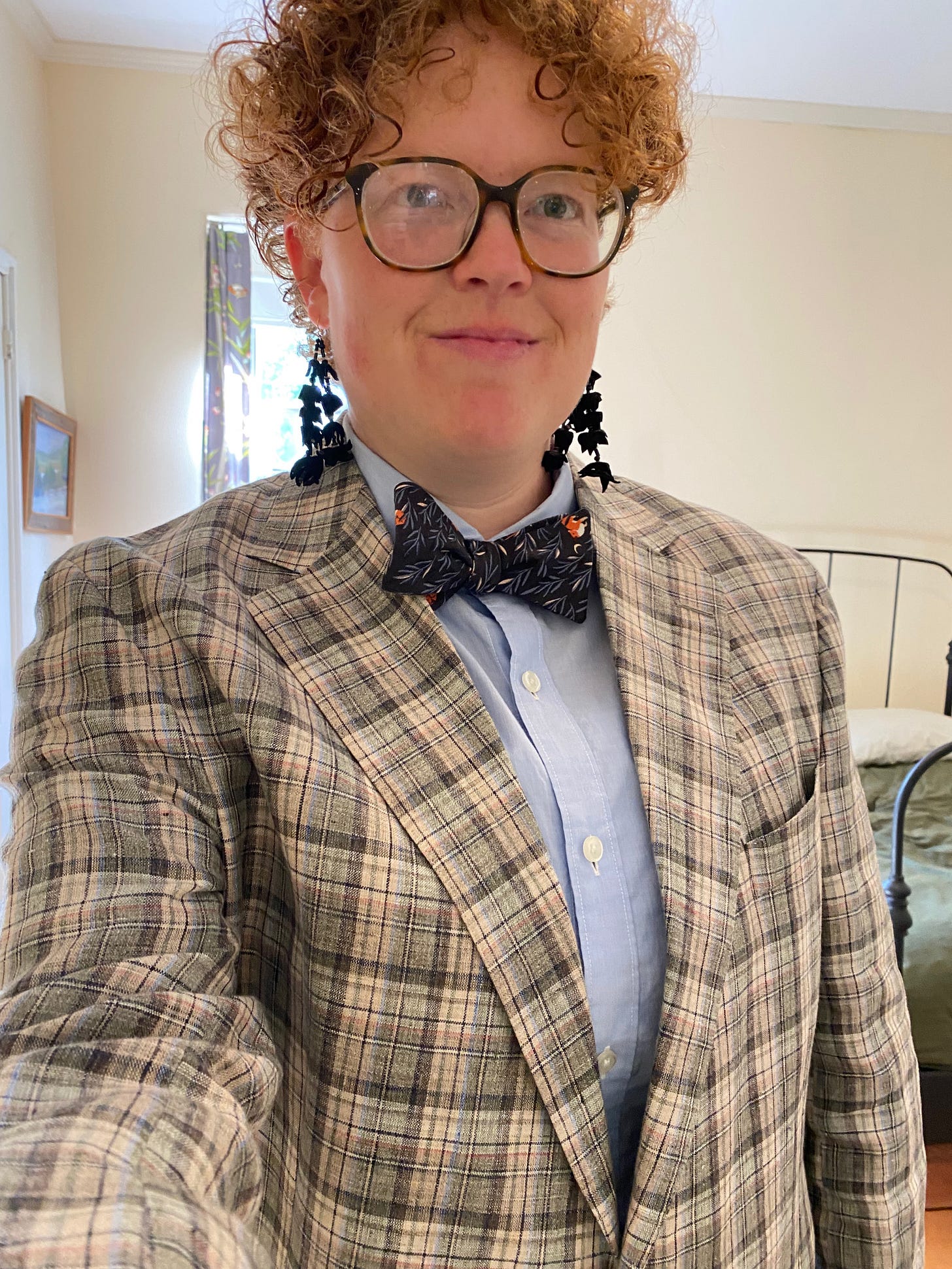
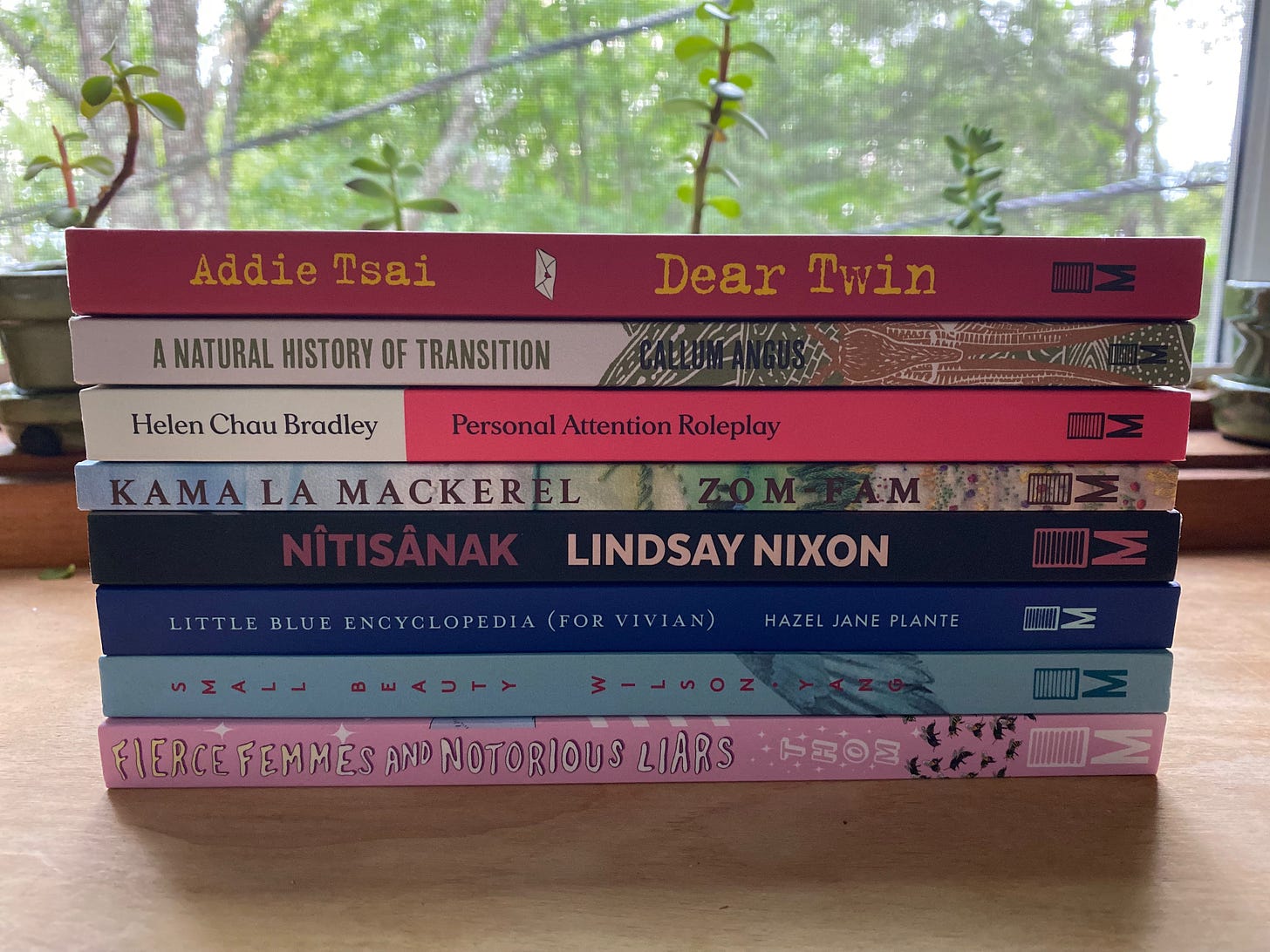

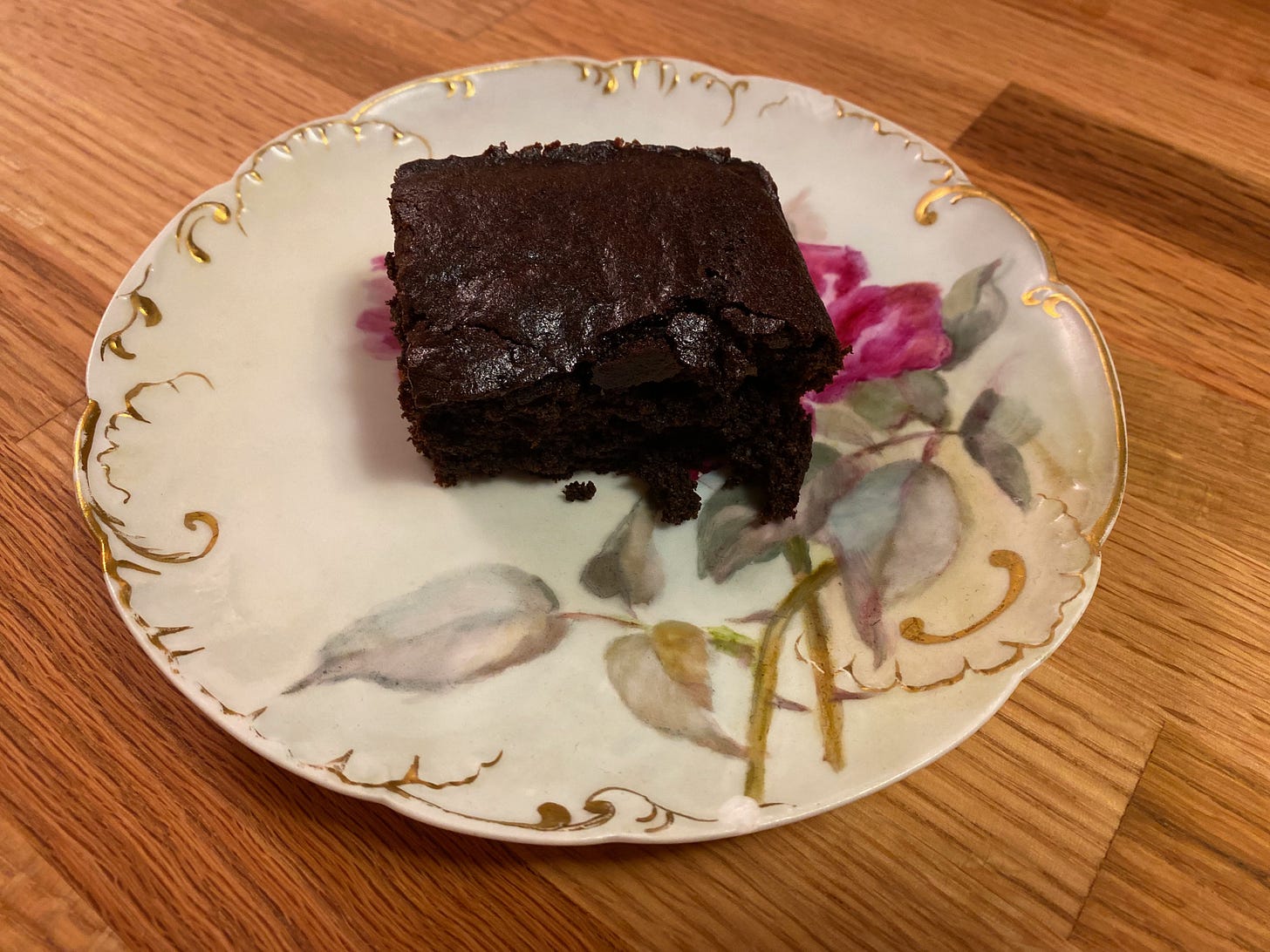

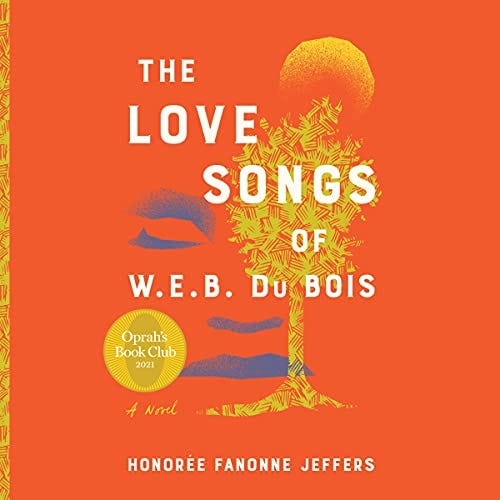
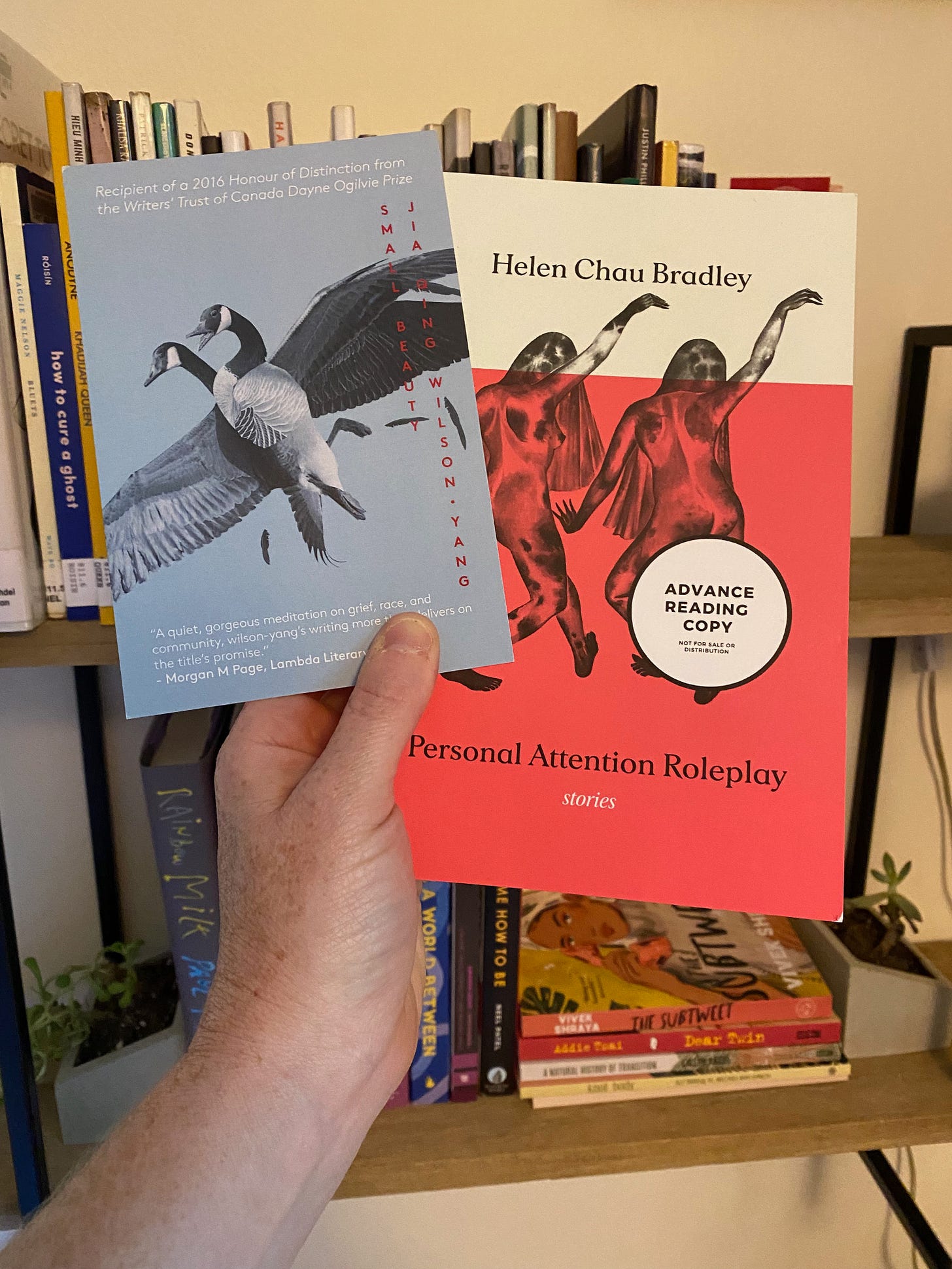

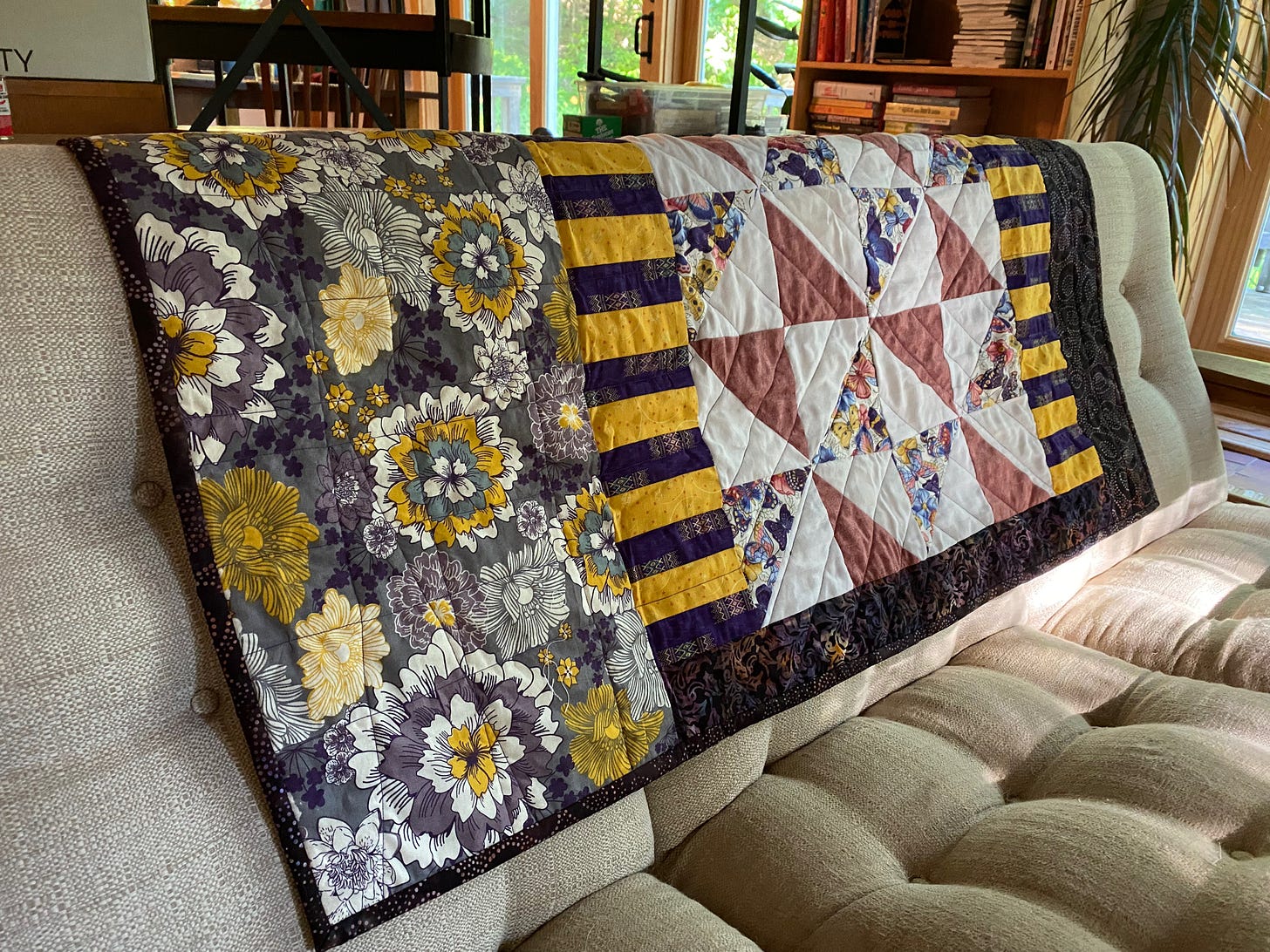
I enjoy your newsletter and Metonymy is a recent publisher I found where most of their catalog ended up my wishlist. I also love Arsenal Pulp Press and really excited for their books coming in 2022.